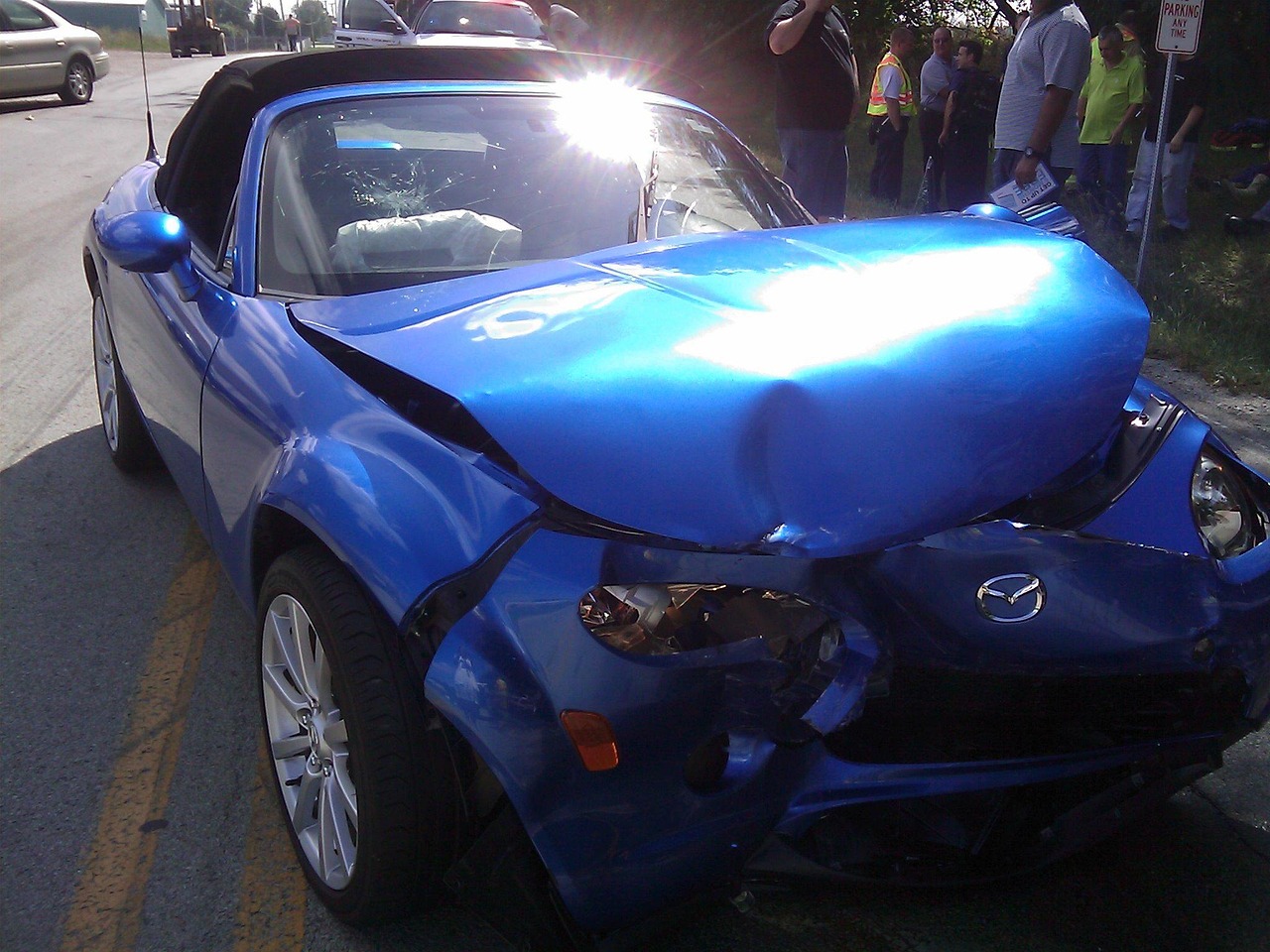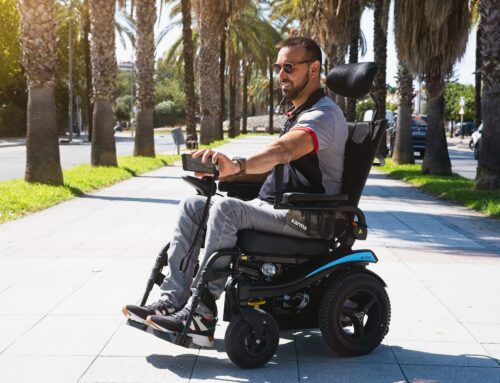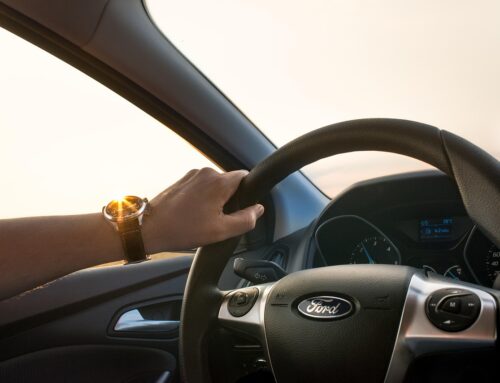Rear-end collisions are among the most common types of car accidents in Florida. Whether it’s a fender bender in Sarasota traffic or a more serious crash on I-75, these accidents often lead to confusion about fault, responsibility, and what to do next. An experienced personal injury attorney firm can help injured drivers and passengers understand their rights and navigate the legal system after an accident. If you’ve been rear-ended or involved in a rear-end collision, here’s what you need to know about fault, evidence, and how to protect yourself legally and financially.

Who Is Usually at Fault in a Rear-End Collision?
In most cases, the driver who rear-ends another vehicle is presumed to be at fault. Florida law requires drivers to maintain a safe following distance and to operate their vehicles in a way that allows them to stop safely if traffic slows or comes to a stop.
Florida’s Presumption of Negligence: The Florida courts generally apply a legal presumption of negligence to the rear driver in these types of crashes. This means the rear driver is automatically assumed to be at fault unless they can provide evidence to rebut that presumption.
However, this doesn’t mean the lead driver is never at fault. Some scenarios where fault might be shared or shifted include:
- The front driver suddenly and unnecessarily slams on their brakes
- The front vehicle reverses unexpectedly
- The lead driver’s brake lights were not working
- The front driver is involved in road rage or deliberately tries to “brake check” the vehicle behind
How Is Fault Proven in a Rear-End Collision?
Proving fault in a rear-end collision involves gathering and analyzing evidence to show how and why the crash occurred. If you’re involved in a rear-end accident in Florida, documentation and legal guidance are crucial.
Key forms of evidence may include:
Police Reports: Officers often assign fault in accident reports based on initial statements and the physical scene.
Dashcam Footage: More drivers are using dashcams to record real-time events. Footage can be especially helpful in disputed cases.
Witness Statements: Independent eyewitnesses can provide credible accounts of what happened before the crash.
Vehicle Damage: The location and severity of damage can help reconstruct the impact.
Surveillance Video: In urban areas like Bradenton or Sarasota, nearby businesses or traffic cameras may have captured the collision.
Black Box Data: Many vehicles now record speed, braking, and impact data that can be analyzed in serious claims.
An experienced personal injury attorney can help preserve this evidence and use it to build your case.
Florida’s Comparative Negligence Law
Florida follows a modified comparative negligence system. This means if you’re partially at fault for the accident, your compensation can be reduced by your percentage of fault. As of March 2023, if you are found to be more than 50% at fault, you may not recover damages at all. This makes it especially important to work with an attorney who can help protect your rights and ensure that blame isn’t unfairly shifted to you.
What to Do After a Rear-End Crash
After rear-end collisions, motorists should follow the same steps as after every auto accident.
Call 911: Always report the accident, even if it seems minor.
Document Everything: Take photos, gather contact info, and get witness names.
Seek Medical Attention: Even if injuries seem minor, get checked. Florida’s PIP (Personal Injury Protection) laws require treatment within 14 days.
Avoid Admitting Fault: Don’t speculate or apologize at the scene.
Contact a Personal Injury Attorney: The sooner you get legal advice, the better your outcome may be.
How Probinsky & Cole Can Help
At Probinsky & Cole, we’ve helped countless Florida drivers recover compensation for injuries caused by negligent drivers. If you’ve been involved in a rear-end collision in Sarasota, Bradenton, or the surrounding area, our experienced personal injury team will investigate your case, deal with the insurance companies, and fight for the compensation you deserve.
Rear-end collisions may seem straightforward— but proving fault and getting a fair settlement often isn’t. Let us help you move forward with confidence.







